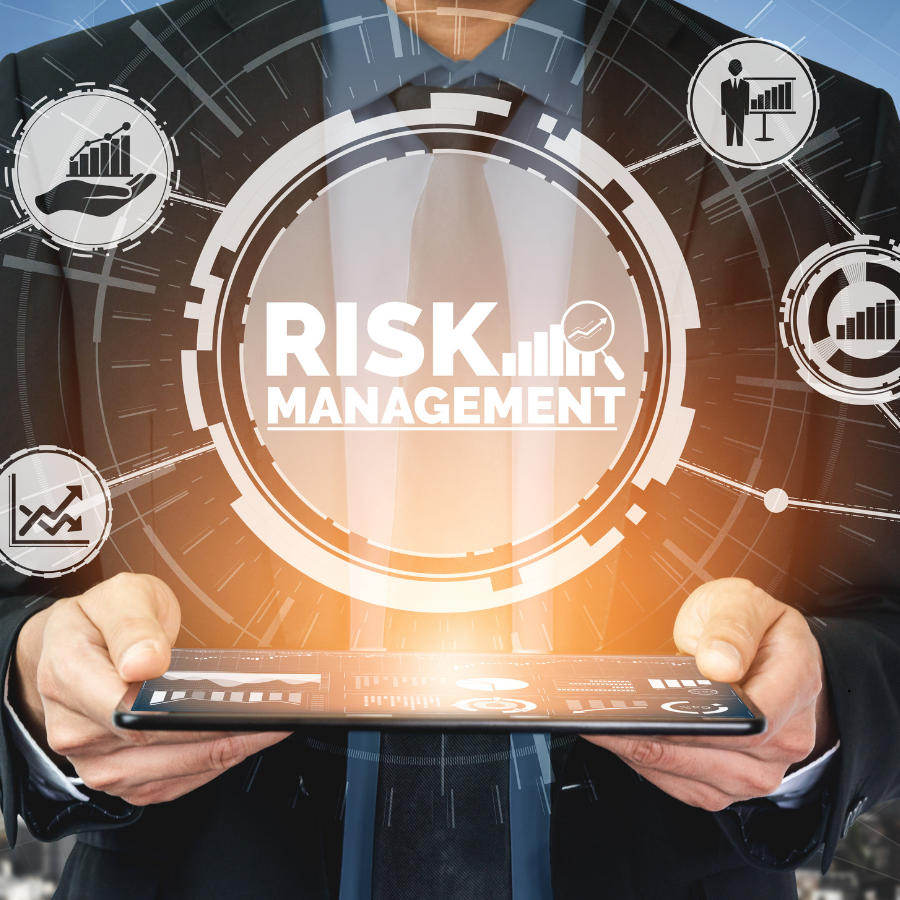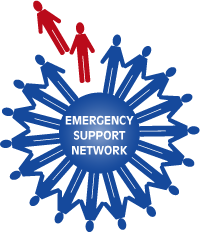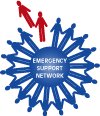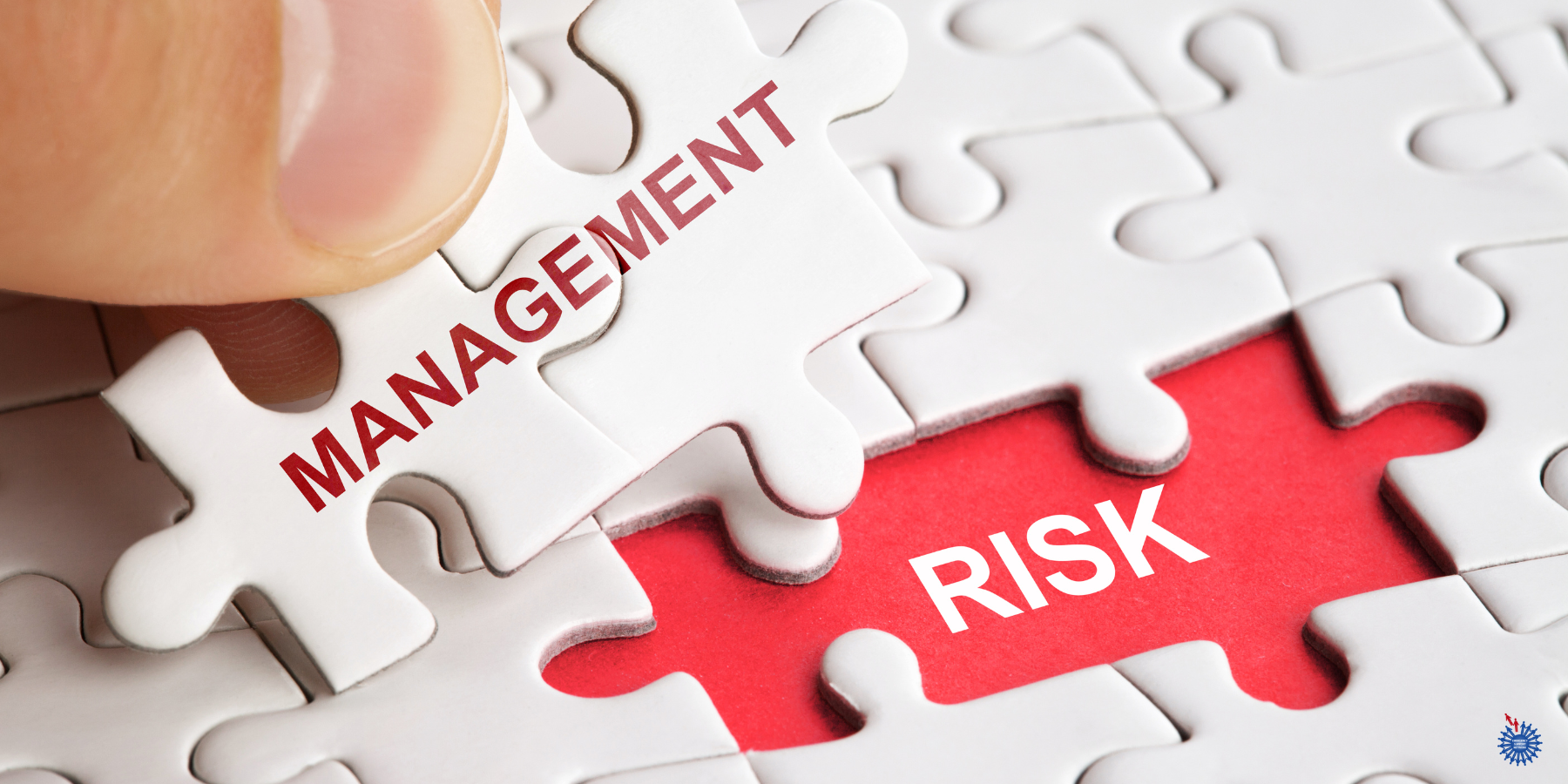Psychosocial Risk Management
Protect Your People. Strengthen Your Culture. Lead with Confidence.
In today’s evolving workplace, managing psychosocial hazards is not just a compliance obligation—it’s a business imperative. When unaddressed, issues like workplace bullying, fatigue, poor job design, and unsafe work attitudes can quietly erode morale, performance, and safety. But when managed well, they open the door to a healthier, more engaged, and resilient workforce.
At ESN, we help organisations shift from reactive problem-solving to proactive risk management. Using a robust, evidence-based framework grounded in human factors research, we examine the interplay between people, performance, and safety—helping you create a workplace where both wellbeing and productivity thrive.
Our Proven Framework Helps You:
- Identify and assess psychosocial hazards before they escalate.
- Pinpoint risk hotspots and deliver practical, tailored recommendations.
- Educate leaders and key personnel in psychosocial risk awareness and response.
- Implement culture and climate interventions that support psychological safety.
We are experienced in applying the WA DEMIRS Code of Practice Guidelines, as well as ensuring that all assessments and interventions align with best-practice standards and current legislative requirements.
Psychosocial Safety Is The Foundation For Sustainable Success
Psychosocial safety isn’t just about legal compliance—it’s the foundation for creating a culture of trust, wellbeing, and high performance. Let ESN help you turn potential risks into opportunities for a thriving workforce.
Contact us to learn how our psychosocial risk management services can enhance your organisation’s wellbeing and drive success.

Our latest blog posts
People Risk Management: Safeguarding Your Organisation’s Greatest Asset
People Risk Management: Safeguarding Your Organisation’s Greatest Asset In today’s complex and fast-changing business environment, organisations are recognising that one of their biggest risks—and assets—lies in their people. From misconduct and skill shortages to
AI’s Impact In the Workplace: Friend or Foe?
When you hear “Artificial Intelligence” (AI), what comes to mind? Maybe robots, machines, or your favourite sci-fi movie where robots take over the world. While those are dramatic portrayals of AI, the reality is
What You Can Do to Tackle Theft in the Workplace
From employees making away with the odd pen or pack of Post-It notes, workplace theft costs Australian employers millions of dollars every year. Workplace pilfering is a fairly common problem, and employees often steal
“It’s not what happens to you that matters. It’s what you think about what happens to you that matters”
– Martin E. P. Seligman –




